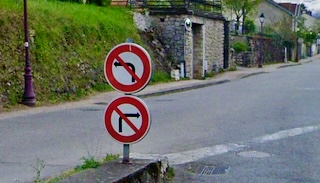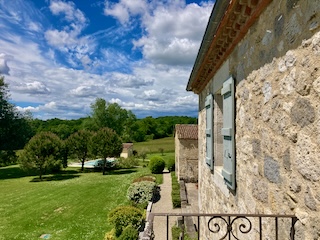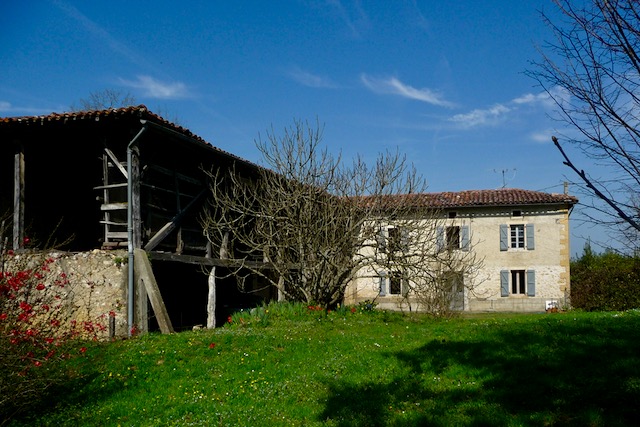Politics is high on the list of conversation topics here in France following the success of the French far-right National Rally party in the European elections and Macron’s unexpected decision to call legislative elections here in France. There is a real sense in the air that something is very much in the balance in the next few weeks and could swing either way. I am as swept up in election fever right now as everyone else here and watched with bated breath as the European results came in; watching being all I could do as I am not eligible to vote in France despite having lived here for 20 years nor any longer in European elections thanks to Brexit. In voting terms at least, I do not actually exist.
It is a strange feeling to watch everyone else vote while having no voice at all. Friends here have commented that it surely ‘doesn’t matter’ to me anyway as I’m not French. This, however, could not be further from the truth; I feel far more invested in politics in France than anywhere else. We have lived here for most of our married life, we pay all our taxes and social healthcare in France, I work here, our children have been educated at French schools and we spend all our income in France. We live solely and completely in France and yet we have no right to vote for the government whose decisions will impact daily on our lives.
The issue has provoked campaigns in the past for citizens to get voting rights in national elections where they live, arguing that citizens should vote in their country of residence, where they pay their taxes and are most comprehensively affected by political decisions. It has also been argued here in France that giving expats the right to vote would help boost integration and create a sense of belonging.
This is currently an unpopular idea, however, at a time when Europe appears to be becoming more fractured and certainly, here in France, the concept of giving votes to foreign residents, even in local elections, has been contentious for many years. The French do not generally subscribe to the view that just because a foreigner has a relationship with the French tax man, it should entitle us to vote for their President.
Macron will remain as President whatever the outcome of these elections and maybe his gamble of calling these parliamentary elections will pay off and the French will be triggered into realizing what a disaster it would be to allow the likes of Le Pen to have any power. This is usually what happens during the French elections; the first-round vote tends to be a protest vote against the incumbent party and the second is often a tactical vote to keep out the extremists. Let’s hope the French see the danger in their own elections that they didn’t see in the European elections.
France is at a crossroads right now and needs to decide whether to turn right or left, go forwards or backwards. And in terms of the property market, as with all political uncertainty, everything is currently at a bit of a standstill which means that there could be a rush of sellers and buyers come mid-July or the lull might continue until a mad September dash to sell or buy before winter. Watch this space…
If you need help or advice with your French property search, please get in touch: nadia@foothillsoffrance.com









You must be logged in to post a comment.